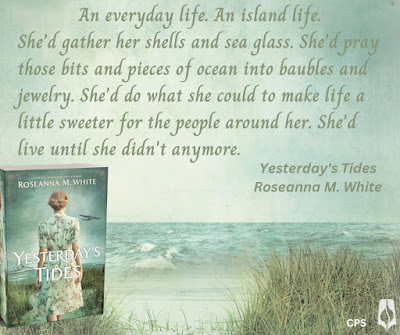New York City
June 1902
The prospect of apologizing to the only enemy Liam Blackstone had in the world was galling, but he’d do it to keep Fletcher’s respect. Liam strode down the street alongside his mentor, listening to Fletcher’s reasons he should apologize to Charles Morse, possibly the biggest scoundrel in the city.
“The point of yesterday’s outing was to have a cordial afternoon sailing in the harbor so you and Charles could bury the hatchet, not to stir up new resentments,” Fletcher said. “Throwing him off your yacht opened up a whole new front in the war between the two of you.”
“He slapped a seventeen-year-old deckhand,” Liam bit out.
“Yes, and that was regrettable, but there were better ways to handle it than letting your temper fly off the handle.”
Yesterday’s fight had been a doozy. The afternoon sailing excursion on Liam’s private yacht had collapsed quickly after Morse struck the deckhand, a sweet kid named Caleb. While Caleb could be a little slow, once he understood a task, the kid carried it out doggedly and never tired. The problem was that Caleb couldn’t adjust. Any change to his routine got Caleb flustered, which was what happened when Morse started banging out orders yesterday.
They had been a mile out at sea when Morse slapped Caleb. Liam ordered Morse to be rowed ashore, and the incident cast a pall over the rest of the afternoon. Several of the other businessmen aboard the vessel privately commended Liam for the way he protected the deckhand, but no one approved of what he’d done in throwing Morse off the yacht.
Now Fletcher was dragging Liam to Morse’s home like a disobedient child to apologize. The Morse estate squatted on a large plot on the richest part of Fifth Avenue. It was where robber barons flaunted their wealth in grandiose palaces towering five stories high with molded entablatures, spires, and turrets . . . so different from the slum where Liam grew up.
“I understand you are still new in the world of Wall Street,” Fletcher said. “Everyone appreciates the fresh perspective you have brought to the board of directors. You are the only one among us who has actually worked at a steel mill or made anything with your own two hands. Against all odds you persuaded the board of directors to authorize a huge pay raise for the men in the steel mills—”
“Over Morse’s objections.”
“Yes! Charles Morse is the shrewdest man on Wall Street, and you got the better of him. Be proud of that. You won. Why can’t you simply get along with him?”
Because Charles Morse was a bully. He showed it in his brusque manner in dealing with servants and how he cheated at cards if he couldn’t win honestly. If the rumors were true, even Morse’s own wife disliked him, and they were newlyweds.
Fletcher continued his litany. “You are the two youngest men on the board of directors, and I’m baffled as to why the pair of you can’t get along. He is only forty-six, and you’re what, thirty-seven?”
“Thirty-five,” Liam corrected.
“Old enough to control your temper,” Fletcher said. “I’ve spent the past year playing peacekeeper between the two of you, and my patience is wearing thin. You are an asset to the board, but if push comes to shove, we need Morse more than we need you. As chairman of the board, it is my job to create a strong and productive group of people dedicated to maintaining U.S. Steel’s prominence in the industry. If the two of you can’t manage to be in the same room without coming to blows, it won’t be Morse I ask to leave.”
The pronouncement landed like a fist to Liam’s gut. He was the only person on the board committed to putting the welfare of the workers ahead of profits. U.S. Steel employed 160,000 frontline workers in steel mills all over the nation. They were in Pittsburgh, Scranton, Cleveland, and Chicago. Those men earned a living with their hands, their backs, and their brawn. They didn’t get ahead by scheming, cheating, or smacking servants. They depended on Liam to represent their interests on the company’s board of directors, and if he had to swallow his pride and kiss Morse’s ring to keep his seat, he’d do it.
They marched up the flight of marble steps to the cool shade beneath the stone-arched portico of the mansion.
“This is where I leave you,” Fletcher said, offering a good-natured handshake.
Liam was flabbergasted. “You’re not coming inside?” This would be a disaster without Fletcher to play the peacekeeper. Morse usually pretended to be friendly in front of the chairman of the board, but when no one was watching, Morse’s true colors emerged.









.jpg)






















